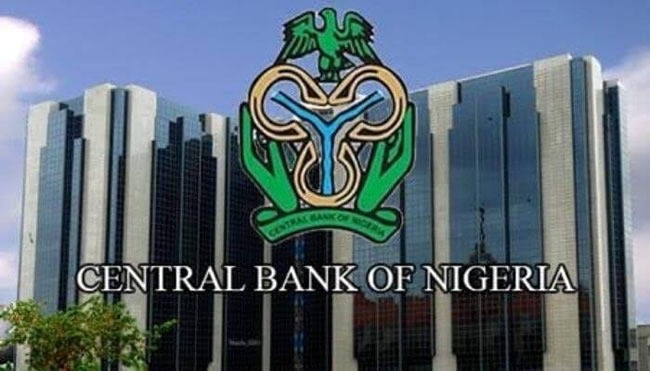- Pressure on forex now from illicit flows – FG
The International Monetary Fund (IMF) has said there is a risk that the ongoing work by members of the legislature to amend the CBN Act could weaken the bank’s governance and autonomy.
The IMF disclosed this in its report under the 2024 Article IV consultation with Nigeria.
Under Article IV of the IMF’s Articles of Agreement, the fund holds bilateral discussions with members, usually every year.
The fund, in its release, noted that several elements in the current draft Bill as disclosed in the public domain would, if enacted, significantly weaken the bank’s institutional framework and independence.
It pointed out specifically that, “The envisaged ‘Coordinating Committee for Monetary and Fiscal Policies’ chaired by the Minister of Finance could undermine the autonomy of the CBN and its Monetary Policy Committee, which is separately chaired by the Governor of the CBN.”
The IMF however noted that Nigeria, under its new administration, has set out on an ambitious reform path to restore macroeconomic stability and support inclusive growth.
It welcomed the bold reforms implemented by the new administration and commended the authorities’ focus on revenue mobilization, governance, social safety nets, and upgrading policy frameworks in the face of Nigeria’s significant economic and social challenges.
In view of the downside risks, IMF stressed the importance of steadfast, well-sequenced and well-communicated reforms to restore macroeconomic stability, reduce poverty, support social cohesion, and pave the way for faster, inclusive and resilient growth.
It stressed the importance of keeping a tight monetary policy stance to put inflation on a downward path, maintaining exchange rate flexibility and building reserves.
The IMF also supported the increase in the minimum capital for banks and urged the CBN to unwind the regulatory forbearance introduced during the pandemic.
It, however, noted that while the CBN has published recent annual financial statements and announced plans to phase out development lending and monetary financing, other recommendations remain outstanding.
The federal government, through its engagement teams by the finance ministry and the CBN, agreed with the importance of maintaining external stability and emphasised that the reforms they have implemented as well as efforts to bring in FX liquidity – including the requirement for international oil companies to hold 50 per cent of repatriated oil receipts in Nigeria for 90 days – are geared towards that end.
They IMF sees pressure on the exchange rate now coming from illicit flows, including through crypto-asset platforms, and not being driven by fundamentals, noting that some ceilings on FX access are intended to curb abuse.
The authorities disagreed with the proposed reclassification of the de facto exchange rate which they consider backward-looking, emphasising that in their view, the exchange rate is entirely market-determined and should be classified as a floating regime.

